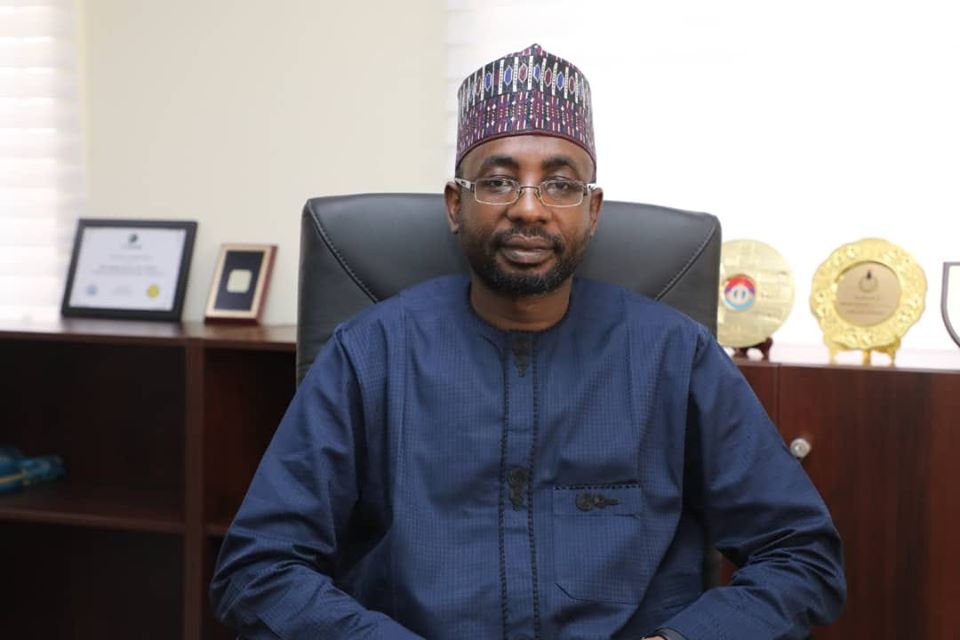As studies indicate that some jobs are vulnerable to automation in the next decade and how companies and organisations get to adapt to the rapid transformation, security risks triggered by digitization, the Director General of National Information Technology Development Agency (NITDA), Mallam Kashifu Inuwa Abdullahi has said that the agency is working round the clock to balance the concerns and advantages of Fourth Industrial Revolution (FIR).
The DG who represented by Dr Usman Gambo Abdullahi Director IT Infrastructure Solutions, said this during an International Conference on Information Technology in Education and Development (ITED 2020) organised by Academia in Information Technology Profession, Ahmadu Bello University Zaria; an affiliate of the Nigeria Computer Society (NCS).

He stated that in order to adapt to the Information Technology Development in the 4th Industrial Revolution, the agency is developing new and updating regulatory framework putting into consideration economic, environmental and social aspects in a way it serves and benefit the people.
He assured participants that NITDA is quite aware of the concerns as it has and will continue establish adequate regulatory system for new business models and services, while allowing the economy and the society to benefit from innovative ideas.
“One of our priorities as a regulatory agency is to strengthen the innovation capacity of the IT industry, which is why we have been deploying hubs and technology infrastructures in various parts of the Nation,” he noted.
He also added that, “We provide assistance to SMEs, start-ups and researchers by funding projects in line with digital innovation.”
Mallam Abdullahi emphasised that in order to better understand the FIR, it’s of importance to focus on the technologies driving aspects, which are: Artificial Intelligence (AI), Block-chain, Virtual Reality (VR), Augmented Reality, Holographic storages, Nanotechnology, Robotics, Biotechnology, IOT and many others.
“It is important to note that with the 4th Industrial Revolution presenting both immense opportunities and challenges, utmost cooperation is required to ensure it benefits our economic, social, cultural, and individual lives”, said Kashifu.”
“This is the reason we are ensuring that all stakeholders from civil society, private and public sector are fully involved in the decision-making. We do engage stakeholders in our policy making processes”, he assured.

